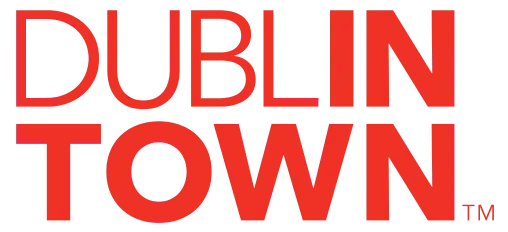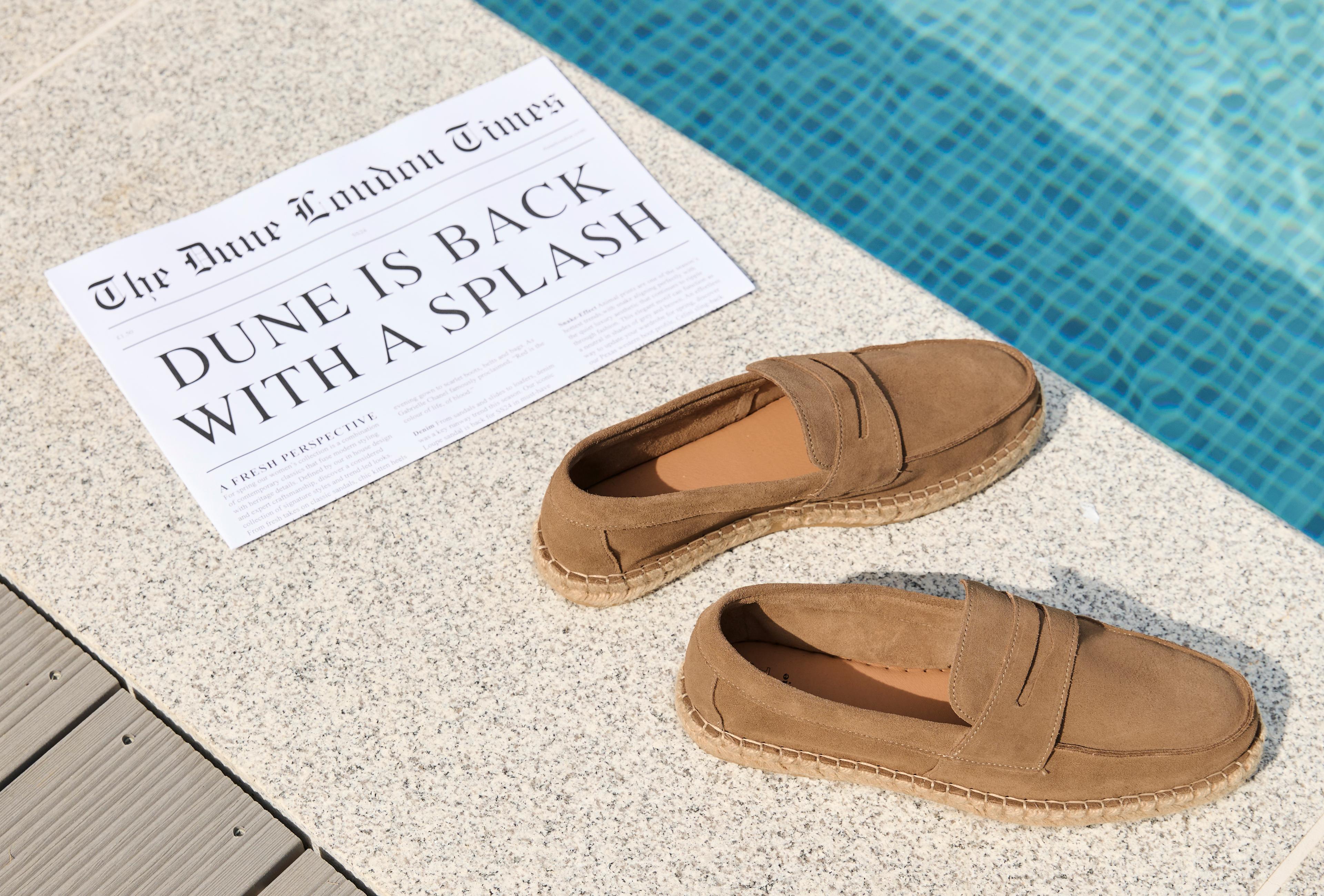Literature is an incredibly important part of Dublin’s history, and rightfully so; some of the best writers in the world hail from Dublin. In this post, we will walk you through some of Dublin’s famous authors as well as some of Dublin’s literary landmarks and must-sees, places to buy books of your own in Dublin, tours that are heavily linked to Irish literature and even businesses and buildings that share a history with Irish authors.
Intro to Dublin’s Literary Heritage:
For those who weren’t aware, Dublin is one of UNESCO’s cities of literature, so literature is very near and dear to the hearts of Dubliners. Countless writers hail from Dublin; for example, writers such as James Joyce, Samuel Beckett, Oscar Wilde, W.B. Yeats, Bram Stoker, and Maeve Binchy were all proud Dubliners.
Must-See Literary Landmarks:
James Joyce Centre:
The James Joyce Centre is a museum dedicated to none other than James Joyce himself. This museum dives into James’ personal life and history, as well as giving tribute to his works of literature.

Trinity College:
While Trinity is primarily a place of higher learning, it also houses the Book of Kells, a religious manuscript written entirely in Latin by Columban monks that can be dated back to 800 A.D.! This book is held in such high regard because of the sheer intricacy of every page. The pages are so intricate that scholars estimate it took over 75 years to complete, and it was made entirely by hand!

Archbishop Marsh Library:
Narcissus Marsh was the Archbishop of Dublin in the 1600s and the founder of this library. It is the oldest public library in Ireland, having first opened its doors to the public in 1707, and this library still offers up its information to assist in research.

Best Bookshops in Dublin:
Hodges figgis:
Hodges Figgis is arguably the oldest and arguably most well-known bookshop in Dublin and has a rich history of supplying anyone and everyone with literature. It has been in the bookshop business since 1768 and has been referenced by some of Dublin’s well-known authors.

Dubray:
In the words of Dubray themselves, “At Dubray, reading is our passion: we are staffed by booklovers, for booklovers.” Truer words have never been spoken. Inside each and every Dubray shop is a warm, welcoming environment as well as your next read!

Ulysses:
Named after the famous book written by James Joyce, Ulysses is a bookstore focused on selling rare and antique collectable books, as well as your regular best-sellers. When you walk into Ulysses, you can rest assured knowing that you will get the best service and most informative information around.

Books Upstairs:
As you can see from the photo below, Books Upstairs is not just a wonderful bookshop but doubles as a café. With a wide range of books from best-sellers to independent publishers, Books Upstairs is a fantastic spot for you to find and enjoy your next read!

The Gutter bookshop:
The Gutter Bookshop is named after an Oscar Wilde quote, “We are all in the gutter, but some of us are looking at the stars.”This quaint bookshop on Cow’s Lane is a haven for all things literature, from The Gruffalo to The Shining. The dedicated staff at The Gutter can accommodate people with all different tastes in books. They also host frequent book clubs. If you are interested, then more information can be found on their website.

Literary Tours:
Bloomsday:
Bloomsday ( named after one of the protagonists) is a tribute to James Joyce’s book Ulysses. At Bloomsday, there are live readings of Joyce’s works, concerts, art exhibitions and even yoga. The style of clothing worn by participants is even that of the period in which the book was set. Readers, Writers, passers-by, whichever you are, Bloomsday is for you.

Walking tours at the James Joyce Centre:
The James Joyce Centre offers very unique walking tours, There are two options: one tour will take you around places Joyce would have frequented himself and another which retraces the steps taken by Leopold Bloom in a chapter of Joyce’s Ulysses. If you have ever wanted to walk in the shoes of Mr. Bloom or imagine yourself as Joyce, then these walking tours should be the perfect choice for you.

Trinity/Book of Kells:
Photographs of the Book of Kells can only do it so much justice; to see the real beauty of this marvellous artefact, we recommend booking tickets on Trinity College’s website. You can go to see the Book of Kells on a self-guided tour, but no guided tours are available as of yet, but we promise that won’t take away from the marvel and splendour of Trinity’s prized possession.

Archbishop Marsh Library:
Marsh’s Library has a lot of information for the masses, history on the building, history on the books and history on the Archbishop himself, all at a reasonable price too. The tours are once again self-guided, but once again, they won’t take away from the vast well of information on offer.

Buildings/ Businesses and their ties to Irish writers:
The Duke Bar:
The Duke may be known for great drinks and gleeful memories, but it was also frequently visited by James Joyce, George Bernard Shaw and Arthur Griffiths. This pub is also remembered fondly by James Stephens as a place of bonding and memories for himself and James Joyce.

The Palace Bar:
Three Dublin authors were known regulars of The Palace Bar. Patrick Kavanagh, Brendan Behan and Myles an gCopaleen were all patrons of this pub, so much so that the Palace can recall conversations and comments made by these literary legends.

Mulligans:
James Joyce was also spotted in Mulligan’s his fair share of times. Joyce was a big enough fan of this gastropub to mention it in his short story Counterparts.

Grogans:
Grogan’s has been immortalised by the workings of Flann O’Brien, who mentions Grogan’s frequently in his novel At Swim-Two-Birds, in which the main characters are often enjoying pints and smokes. Gorgan’s was also a pub well known by Patrick Kavanagh, J.P. Donleavy and Liam O’Flaherty.

Davy Byrnes:
James Joyce makes reference to Davy Byrnes many times in his book Ulysses. While Joyce was not one to shy away from a drink, this pub seemed to hold significance to Joyce as he was a notable patron of this establishment.

Abbey Theatre/W.B. Yeats:
Not only was W.B. Yeats a patron of the Abbey, but he was also one of the founders. It might not surprise you to learn this, but we thought it fitting to mention the Abbey Theatre, considering how much impact it and its founder have had on theatre and literature in Dublin.

Dublin has one of the most impressive and extensive collections of literary history you can find, and we are sure that no matter what era or genre you find most appealing, Dublin will be able to send you home with a smile on your face after a day of reading and/or learning.



